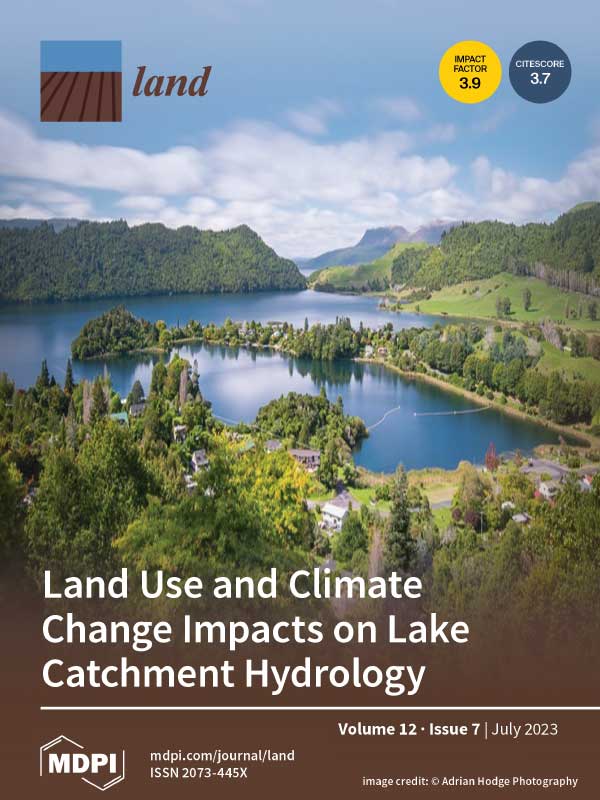Research Article
Time Spent Interacting with Nature Is Associated with Greater Well-Being for Girl Scouts Before and during the COVID-19 Pandemic
Publication Date:
DOI: https://www.mdpi.com/2073-445X/12/7/1303
Abstract
The onset of the COVID-19 pandemic rendered daily life overwhelmingly difficult for many children. Given the compelling evidence for the physical and mental health benefits of interaction with nature, might it be the case that time spent interacting with nature buffered the negative effects of the pandemic for children? To address this question, we conducted a longitudinal investigation with a cohort of 137 Girl Scouts across two time periods: right before the onset of the pandemic (December 2019–February 2020) and one year later (December 2020–February 2021). We found that during the pandemic (compared to pre-pandemic), Girl Scouts fared worse on measures of physical activity, positive emotions, negative emotions, anxiety, behavioral difficulties, and problematic media use. However, by using mixed models, we also found that, on average, Girl Scouts who spent more time interacting with nature fared less poorly (in this sense, “did better”) on measures of physical activity, positive emotions, anxiety, and behavioral difficulties, irrespective of the pandemic. Further analysis revealed that these advantageous associations were present even when accounting for the amount of nature near each child’s home (as measured by the normalized difference vegetation index, percent of natural land cover, and self-reported access to nature). To the best of our knowledge, this is the first study investigating nature interaction and children’s well-being to use data collected from the same cohort prior to and during the pandemic. In addition, we discuss the importance of opportunities to interact with nature for children’s well-being during future periods of social upheaval.
